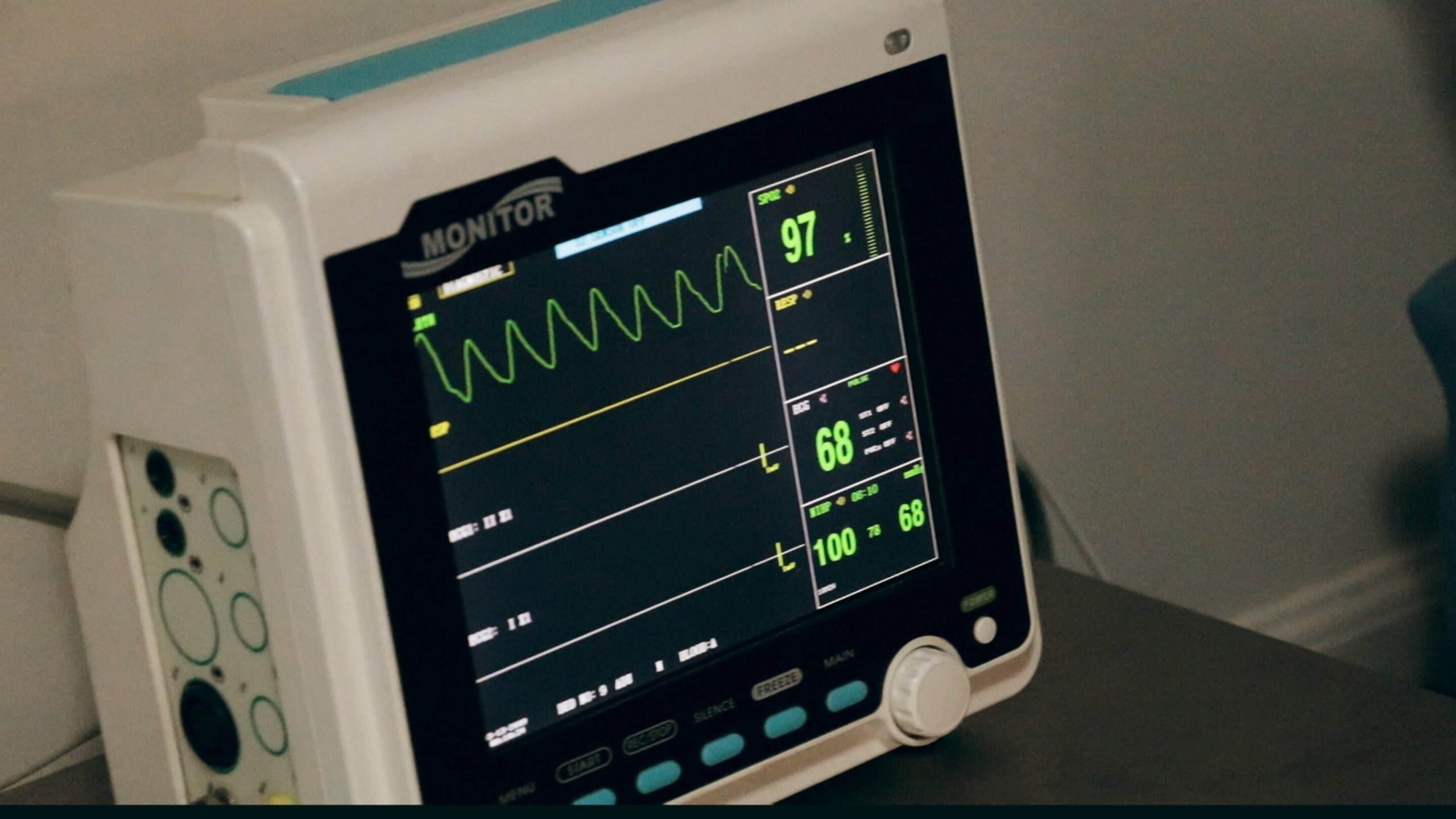
It is well known that acting quickly in the event of a cardiac arrest is important, but what does a quick initial shock with a defibrillator mean exactly for patients’ chances of survival? Researchers from Amsterdam UMC analyzed the data of 3,723 patients who had a cardiac arrest outside the hospital and concluded that for the first shock, every minute reduces the chance of survival by 6%.
The results of this research were published in the journal Circulation.
“Our research shows that every minute of delay in giving the first shock has a major impact. If the first shock was given within six minutes, it was possible in 93% of the cases to stop the heart rhythm disorder ventricular fibrillation (VF)—which causes the cardiac arrest. If the initial shock was delayed and was only given after more than 16 minutes, for example, this percentage dropped to 75%,” says Remy Stieglis, researcher at Amsterdam UMC.
The study shows that every minute of delay to the initial shock leads to a 6% lower chance of survival until hospital discharge.
Since 2005, the ARREST study (Amsterdam REsuscitation STudies) has been collecting detailed data on resuscitation in North Holland in collaboration with emergency services and hospitals. For this specific study, data was gathered from those who had suffered a cardiac arrest, caused by VF, in the presence of a witness.
This allowed the time from the emergency call to the first shock to be determined very accurately and, thus, the impact from the time to the first shock to be analyzed.
“After a successful shock (defibrillation), VF is terminated and changes to a normal heart rhythm or a completely absent heart rhythm (asystole). In our study, a shorter delay to the first shock also led more often to a normal heart rhythm of your own. After a successful shock, VF may reoccur, requiring another shock. The chance of this also decreased with a shorter time to first shock,” says Christian van der Werf, cardiologist and researcher at Amsterdam UMC.
By investing in the entire chain with the aim of shortening the duration from the emergency call to the first shock, outcomes after cardiac arrests can be improved.
“In the Netherlands, a lot of work is being done to achieve a quick initial shock through the deployment of first responders (e.g. first responders via HeartbeatNu, police and/or fire brigade) and many available AEDs, but in three out of four resuscitations in our study, we did not reach those six minutes,” says Hans van Schuppen, anesthesiologist and leader of the ARREST resuscitation study.
“More central control with concrete actions and further research is needed to achieve this goal in all resuscitations. More attention should also be paid to this abroad in order to keep the time until the first shock as short as possible. Our data shows that it pays off.”
More information:
Association between delay to first shock and successful first-shock ventricular fibrillation termination in patients with witnessed out-of-hospital cardiac arrest, Circulation (2024).
Citation:
Analysis highlights impact of rapid first shock after cardiac arrest (2024, October 28)
retrieved 28 October 2024
from https://medicalxpress.com/news/2024-10-analysis-highlights-impact-rapid-cardiac.html
This document is subject to copyright. Apart from any fair dealing for the purpose of private study or research, no
part may be reproduced without the written permission. The content is provided for information purposes only.

